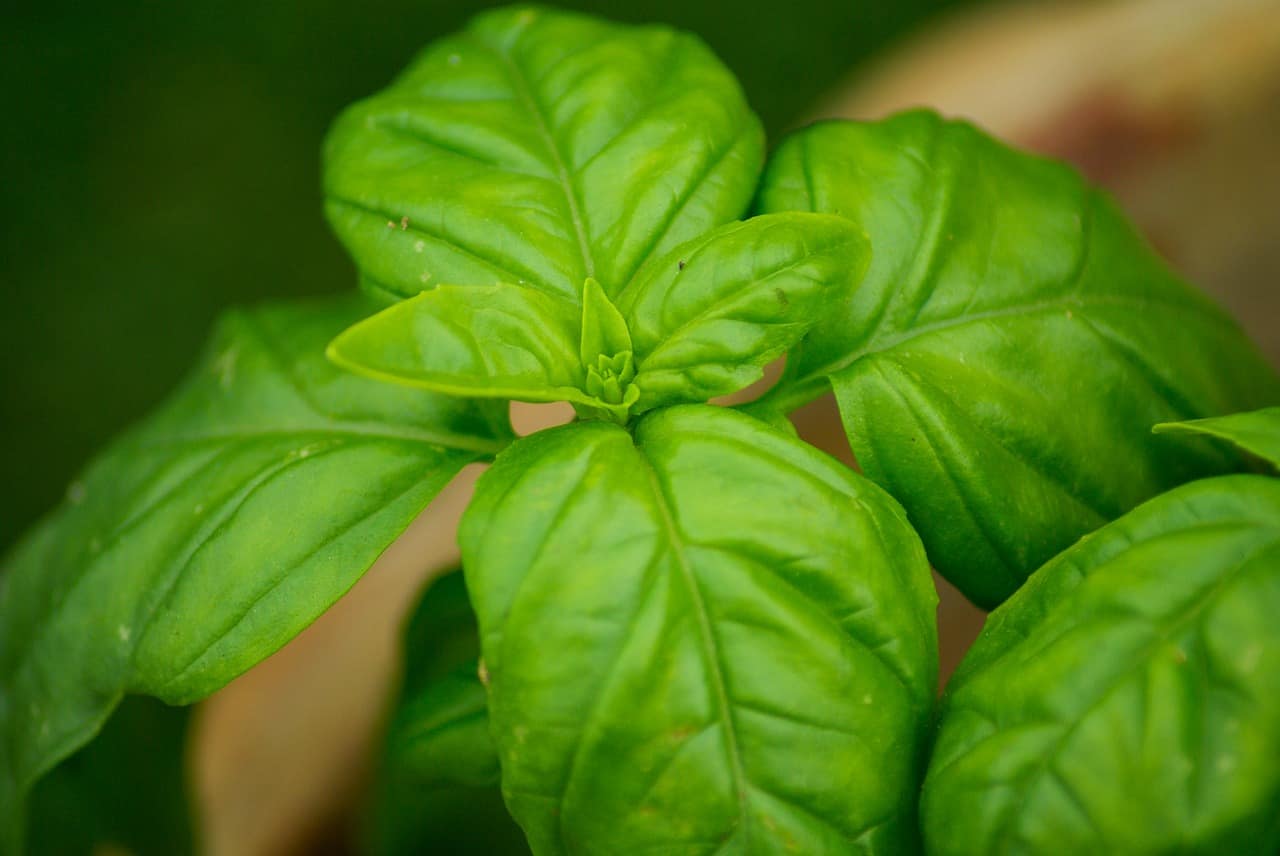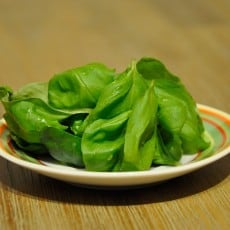If you love cooking, then you must have come across the ‘king of herbs’ which is the term many chefs give basil. India is considered as the source of this special spice and has been cultivated here for over 5 millennia. Its usage was widespread in India and the Far East. The spice was commonly used in the ancient Greek times and more so in the commemoration of the finding of the True Cross by St. Helena. These celebrations were held during the Feast of The Cross which very much involved the Emperor and the royalty. Basil that means king got its name from being regarded as a royalty spice.
Many people over the centuries have used basil in their kitchens and for very many other purposes. In the kitchen, basil has been regarded as the king of herbs because of the pungent sweet smell it affords food. Some of the areas that this spice is used include;
In cooking – Basil is used in many countries even though some such as Italy, France, Thailand, and Laos among others have a keener purpose for it in dishes than most. Normally, the spice is added to food when it’s just about to be removed from the fire. This is to prevent the loss of aroma and flavor which basil gives the food. Among the foods that this incredible spice is added on to include pizza, vegetable soups, salads, sea foods and sides.
In alcoholic cocktails – The unique flavor and taste of basil helps in bringing out the best in your lemon based cocktail. You can also use the spice in cherry based cocktail.
Weight loss – Basil seeds which are also referred to as Sabja seeds in some cultures are becoming more popular by the day. These seeds are relatively small but when they are cooked, they expand up to 30 times. When eaten, they are said to be good at bringing down hunger pangs. The seeds are also very good in providing fiber in the body. You can also use basil seeds to detox.
Companion planting – For a long time, kitchen experts have been saying that planting basil next to your tomato plant will help give the ripe tomatoes the pungent sweet smell of the basil. Though some plant experts flatly deny this claim, latest studies show that basil indeed influences the taste of tomatoes planted next to them even though mildly.
Treating diseases and infections – From the ancient times, if you were stung by a scorpion, the best known medicine was rubbing basil on the stung surface. Today, if you are stung by a bee or bitten by some insect, rub basil leaves on the skin to help relieve the pain and also to draw out the injected venom. For the people who are suffering from ear infections, they can use basil oil to make the infection go away.
Reducing stress and treating colds – For those who love baths (which is literally everyone) a adding 2 cups of basil will help in not only relaxing the body but also in relieving stress. If you have a cough, a simple way to treating it is by chew a leaf or two of basil. You can also make a cup of basil tea to help you alleviate a cold. A facial steam is also idealistic if you are looking for an easy natural way of treating a headache.
There are numerous reasons why people use basil; from cooking to treating wounds. The versatility of this special plant is evident if you look at the emphasis it is accorded in most cultures. Every other kitchen you visit whether in Colombia, Cambodia, France, America or Egypt, you will come to appreciate the importance of this plant in people’s lives. By using basil, you get to enjoy a number of benefits.
Benefits of using Basil
- Basil contains polyphenolic flavonoids such as vicenin and orietin. These compounds are thought to be unique components necessary for anti-oxidation process in the body.
- It contains natural oils like citronellol, linalool and citral. These oils are important in the prevention of bacteria attacking the body and they also serve as anti-inflammatory agents.
- It contains Zea-xanthin. This is a unique compound which helps the eye get protection from the harmful UV rays of the sun. While some fruits can afford you these compound it is important to note that basil has it in a larger quantity. It is also good in the prevention of macular aging.
- Basil has a large quantity of Vitamin A. Given that there is a large quantity of Vitamin A per every gram of basil, you will have a unique chance of improving your vision and at the same time benefit from the large antioxidant properties that this vitamin has.
- There is a substantial amount of vitamin K in basil which is critical in the process of blood clotting. Vitamin K is also important when it comes to strengthening the bones and mineralization of the body.
- There is a good quantity of minerals in the plant such as potassium, magnesium, manganese and copper. These minerals play an important role in the moderation of blood pressure, heart rate and the composition of the body cells.
- There is a large quantity of iron per gram in basil. Iron is essential in the making of hemoglobin which is found in the red cells. When the body has sufficient iron, you can go about your daily chores such as walking, exercising and even running without any worry of fainting because the blood has run out of oxygen.
Basil is diverse plant that goes by many names in different continents. Depending on where you source your basil, its compounds’ composition varies in percentage. It is necessary to note that every basil plant has the same compounds and the only difference is the percentage of the compounds in the plant. With continuing studies being conducted on this special plant and as many chefs look into the different ways they can employ the king of herbs in their culinary, you can rest assured that basil is and will remain a plant to look out for. Whether for treatment, cooking, weight loss, relieving of stress or just relaxing, basil is one of the things that you should always have in your home.
© 2016 by DietFind.com, an LIVenture LLC.
All rights reserved. No part of this document may be reproduced or transmitted in any form or by any means,
electronic, mechanical, photocopying, recording, or otherwise, without prior written permission of LIVentures LLC.


